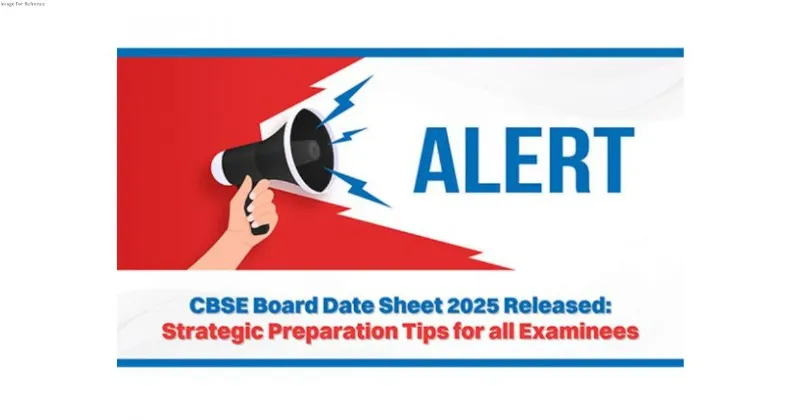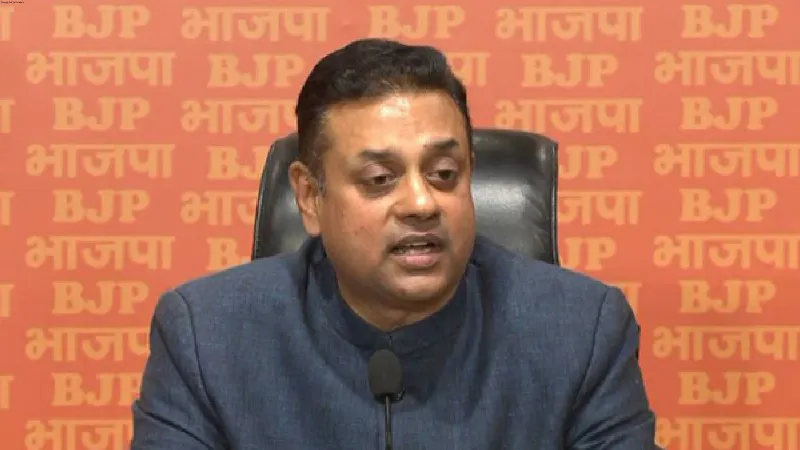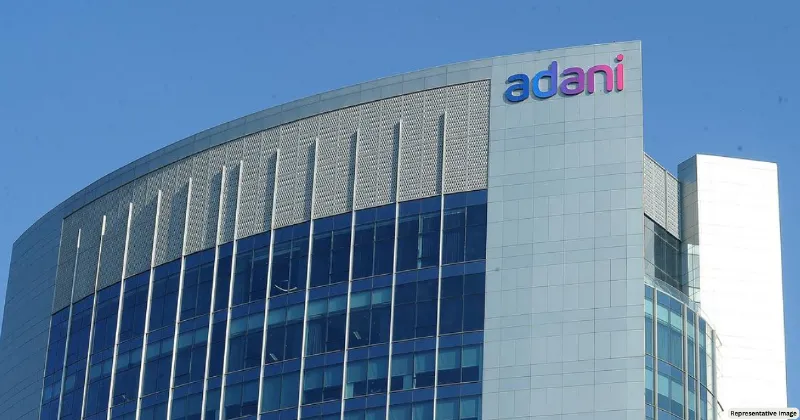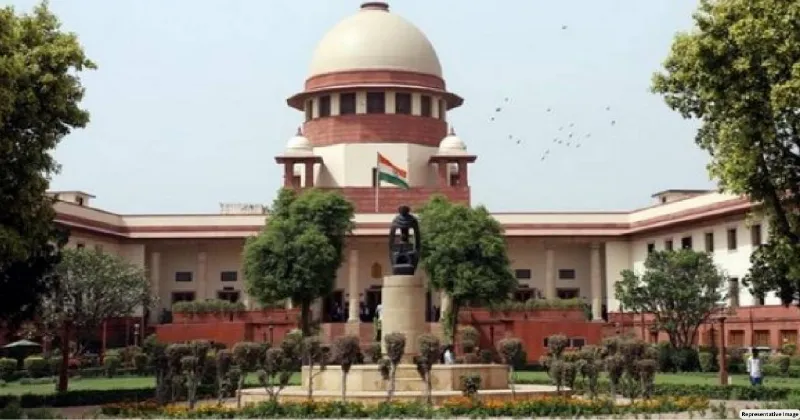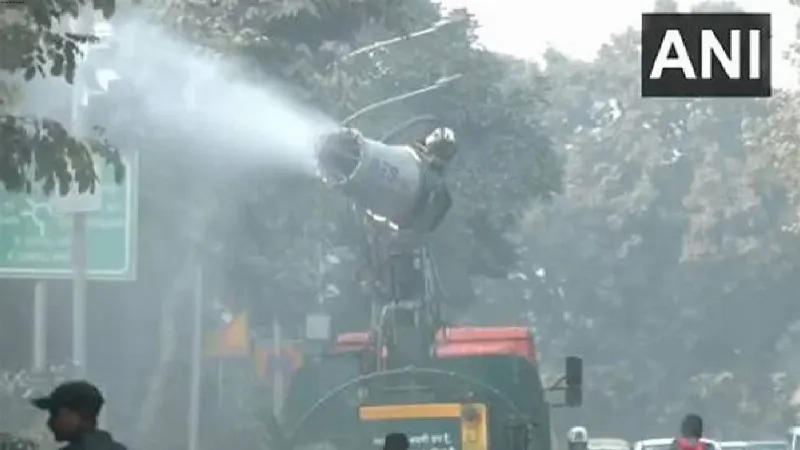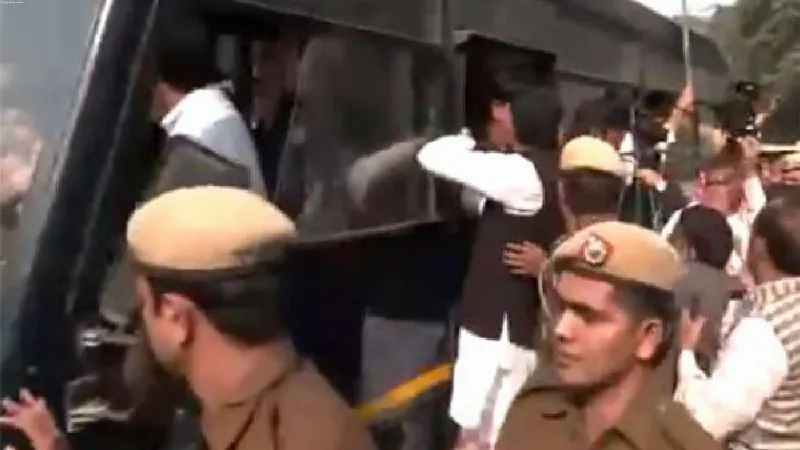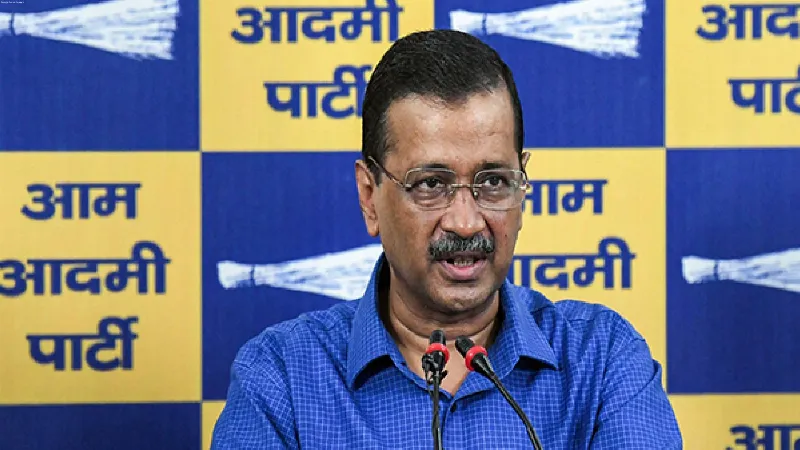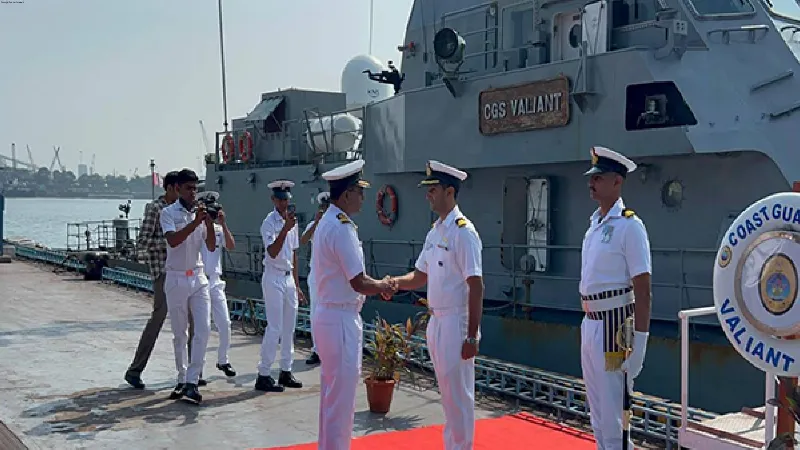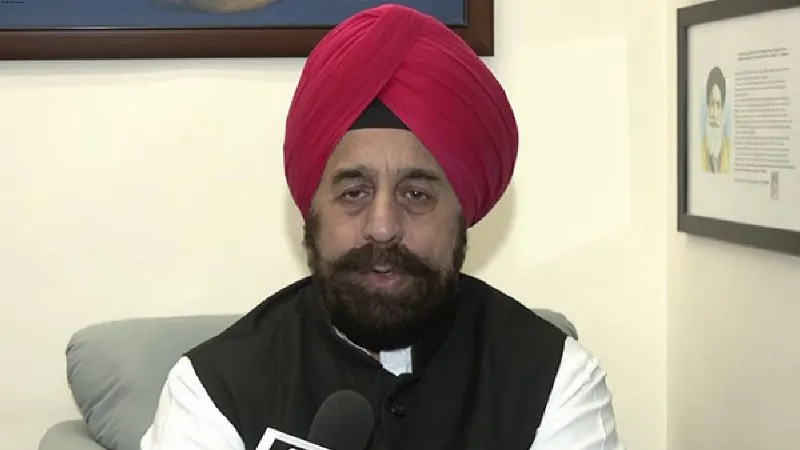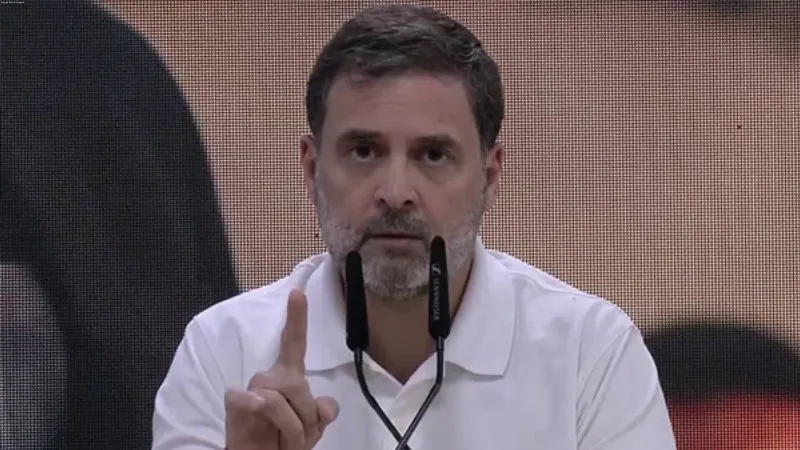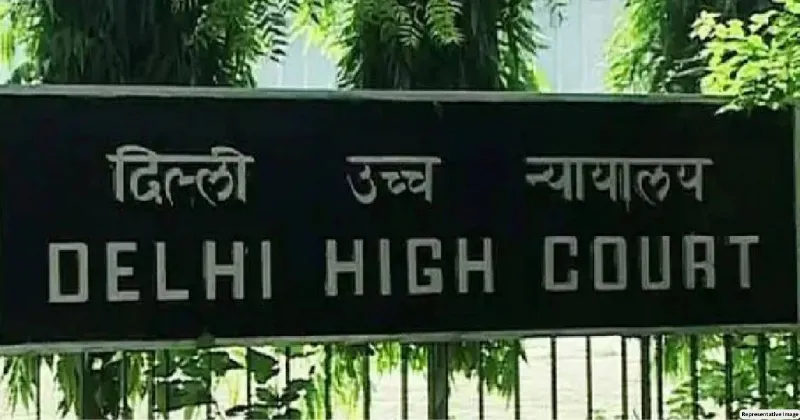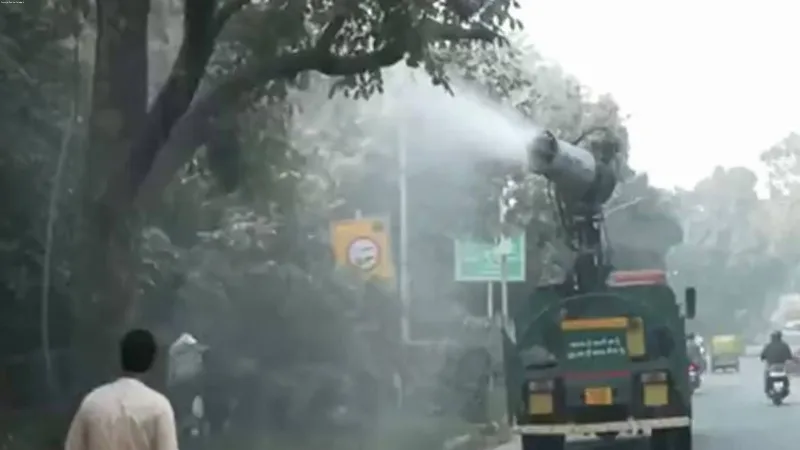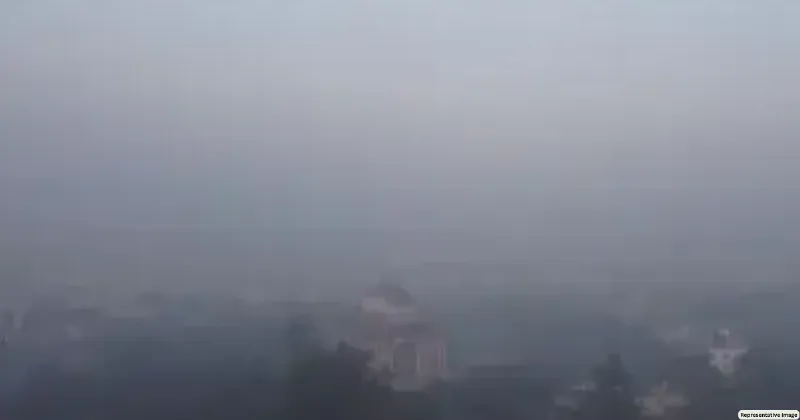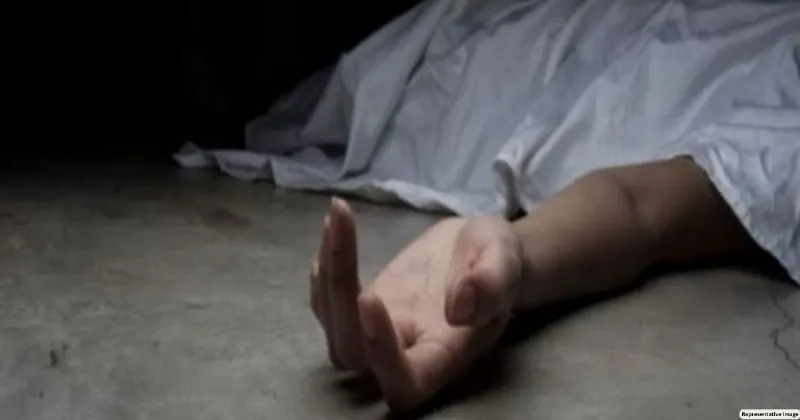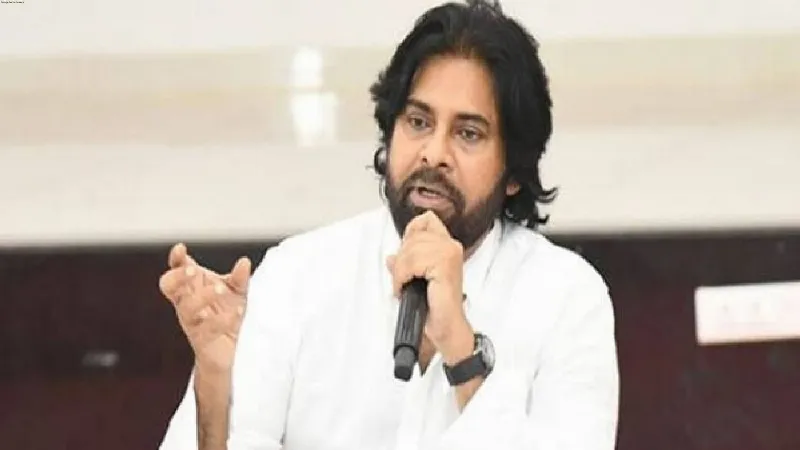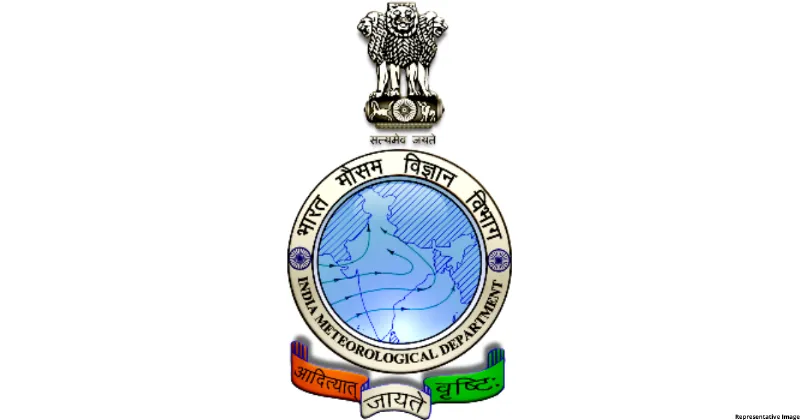Latest News
INDIA-CHINA BORDER ROW AGREEMENT IS A BIG WIN FOR MODI’S DIPLOMACY: Dr CHANDRA
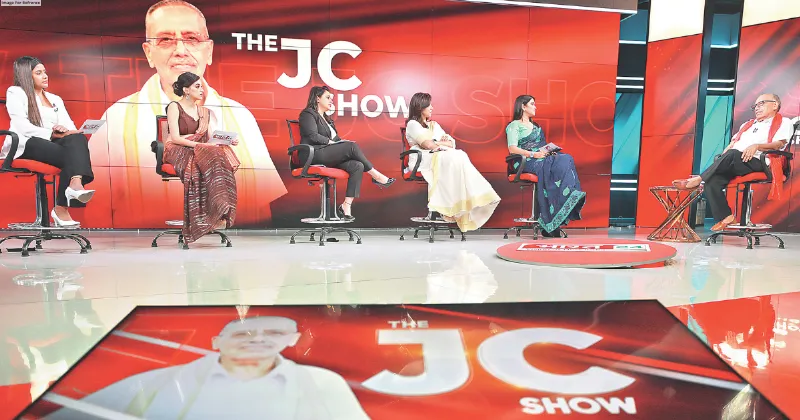
In the latest episode of the JC Show, Dr Jagdeesh Chandra emphasises the transformative impact of Narendra Modi’s leadership on India’s global stature, describing him as the architect of a new world order. He highlights the rising concerns in the West regarding India’s strengthening alliances with Russia and China, and how this could shift the global balance of power. Additionally, Dr Chandra stresses that UP CM Yogi Adityanath’s recent confidence boost after meeting Mohan Bhagwat signals a unified party front, while Amit Shah’s strategic electoral approach continues to shape the BJP’s fortunes. As the party prepares for upcoming elections, the selection of a new president remains a focal point of speculation. Excerpts...
- The show’s headline is “NaMo: Architect of a Changing World Order!” What does this mean?
Dr Jagdeesh Chandra: Did you see the photograph of Narendra Modi, Xi, and Putin? This image is truly shocking and incendiary. It points towards a new world, a new politics, and a new diplomacy. It’s being said that India has attained a strategic position. In this new world order, Narendra Modi is a breath of fresh air. Under his leadership, we feel like a proud nation... a proud country.
- Why is West troubled by this new world order?
Of course, the West is troubled because American dominance will no longer prevail over nations, and its control and influence will decrease. The American foreign policy has two targets: to weaken Russia and to stop China’s expansionism. India is a balancing factor. When India stands strong, it forms a coalition. Hence, it’s natural for the U.S. to be concerned. From a business perspective, both countries have a GDP of $15 trillion, while America’s is $27 trillion, which isn’t too different. The U.S.’s concern is quite understandable. There’s a fear that these three nations could form a position that makes America strategically weak. The U.S. worries that it might become weaker in international diplomacy. This concern is shared by the Western world, including France, Germany, and Canada. They too have raised eyebrows over this issue, and their concern is natural.
- Do you agree with the assessment that the three heroes of the BRICS summit are India’s Prime Minister Narendra Modi, Russia’s President Putin, and China’s President Xi Jinping?
If we look closely, the true centre of attraction was Narendra Modi. Everyone wanted to meet him. The number of people wanting to meet Xi was quite low, and there was no particular attraction to meeting Putin. Modi’s personality has created a frame where everyone wants to meet him. He was one of the most popular and strategic faces in Russia. One could say that the real hero was Narendra Modi, the strategic hero was Narendra Modi.
- Why is Narendra Modi so elated and excited after returning from Russia?
Well, India’s brand has strengthened, and India’s stature has increased in the world. After returning from Russia, it is natural for Narendra Modi to be pleased. He has returned with accomplishments and dignity. He has strengthened India’s brand, so feeling happy and elated is completely natural.
- During the meeting, Putin pointed to Modi and said that their relationship is such that no translator is needed. What did Putin mean by this? Also, former British Prime Minister Cameron said Modi has a clear vision for India’s future; can you elaborate on that?
This shows Putin’s trust and confidence in Modi as a friend and leader. It indicates a level of comfort in their relationship. When Modi heard this, he laughed heartily. Often, those who visit, like the foreign minister who went with him, are impressed by the quality of their relationship and communication. As for the former British Prime Minister’s comment, he is right. This means we have another Modi supporter in Britain. It can be said that there are now fans of Modi in Britain as well. It’s true that today he has a vision for 2047, along with a fiveyear and 125-day plan in front of him. All these graphs are presented to him, and there is clarity in his vision and planning. He rightly said that Modi has a long-term vision for India and long-term planning for the country.
- How did the sudden agreement between India and China come about before PM Modi’s visit to Russia? What is the inside story? What roles did Jaishankar, Doval, and Mistry play in this?
There is a common impression that this happened suddenly. We also thought that, but it wasn’t sudden; it was four years of groundwork. This was the result of Narendra Modi’s vision and leadership. Overall, there have been 21 meetings at the army commanders’ level and 17 at the diplomatic level. A lot of groundwork went into this. Look at Jaishankar—he mentioned in Geneva that the issue of troop withdrawal in Eastern Ladakh was 75% resolved. He gave an indication that day. Doval is all-in-one; he met Putin in Russia, and we cannot deny Putin’s role. The Foreign Secretary is very clear-minded, and he also said that day, “Let’s see, let’s create trust.” Their roles were not sudden; rather the current agreement is the result of four and a half years of hard work.
- In this atmosphere of goodwill between India and China, will China now support India’s proposal for permanent membership in the UN Security Council?
It is possible. I have heard that China has objections to Japan. Perhaps the President of France has sent a proposal stating that India, Japan, and Brazil should be granted permanent membership. China feels that if a major issue arises, Japan will side with the U.S. For India, it’s clear, but not for Japan. I am hopeful that in the coming time, India may get it. Previously, China had used its veto to block it, but perhaps this time China will not veto.
- Regarding the upcoming assembly elections in India, after Haryana, will the BJP also win in Ranchi and Mumbai?
After the recent victory in Haryana, the BJP’s enthusiasm is soaring, bolstered by Amit Shah’s effective strategy. This win has significantly boosted morale and altered perceptions within the party, particularly in Ranchi and Mumbai. In Ranchi, the BJP currently holds a slight edge at 51% compared to the opposition’s 49%, with potential to shift to a stronger 60-40 margin. In Maharashtra, however, the competition is more intense, with projections suggesting a close race at 51-49 or even 50-50. Amit Shah previously asserted that the BJP would secure a two-thirds majority, and this outlook remains valid. The opposition in Maharashtra is unified, but if public sentiment shifts favorably, a 55-45 outcome could emerge. Interestingly, the Congress appears to be faltering, having compromised on numerous issues, which may lead to internal conflicts among leaders like Uddhav Thackeray, Sharad Pawar, and Rahul Gandhi. Meanwhile, the BJP has resolved its own internal disputes, positioning itself well for the upcoming elections. The dynamics will be clearer in the days ahead.
- How does Amit Shah manage to win every election like a game of chess with his mindset?
He changes the game because he treats every election like a war. This sometimes leads to ideological differences with the RSS. The RSS believes that people like Ajit Pawar, who do not have a background in the RSS and BJP, need 8-10 months of training before joining. They should learn the values and understand the conditions here before entering party. This leads to psychological and ideological differences in functioning styles between Shah and the RSS. Amit Shah insists that we must fight and win like a war. Every election he has won has been with this approach. In the Maharashtra elections, one person is working 24 hours— that person is Shah. Earlier, I used to wonder about when Modi sleeps; now, I find myself wondering about when Shah sleeps. He knows how to win elections like a game of chess. We will see what happens in Maharashtra and Jharkhand. Another interesting aspect of Shah is that I mentioned he fights like chess; while doing so, he created a new party in the country, the Party of Independents. Wherever he sees that his candidate is not there or the space is vacant, as he did in Kashmir, he has set up an independent party. However, given the mindset in Valley, that experiment was not very successful. In Haryana, it was successful, so he established separate department for independents to determine where and how to field independent candidates. He deserves credit as a warrior for winning this battle, having formed new party outside of Congress and the BJP called the Party of Independents.
- What is the latest update regarding the appointment of the new BJP president?
The latest is that the RSS’s bargaining power has diminished. Previously, names like Sanjay Joshi, Vasundhara Raje, and Shivraj Singh Chouhan were mentioned. Haryana has changed the game, and I’ve heard that the RSS also played a role there.
During the shows #JConWorldOrder #JConIndianPolitics trended top All-India on X

